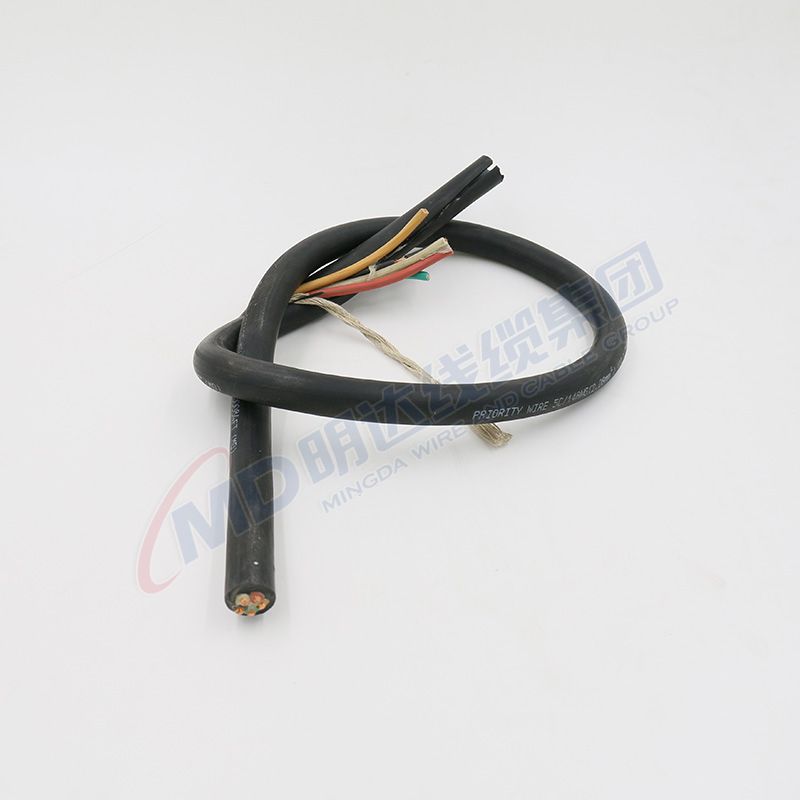8 月 . 29, 2024 07:06 Back to list
Industrial Ball Valves - Reliable and Durable Solutions for Fluid Control
Industrial Ball Valves Essential Components in Fluid Control
Industrial ball valves are critical components in a wide range of applications, serving as gatekeepers in the management of fluid flow across various systems. Their unique design and functionality make them indispensable in industries such as oil and gas, chemical processing, water treatment, and manufacturing.
A ball valve primarily consists of a hollow, perforated ball that is positioned within the valve body. The ball rotates around a central axis, and when the hole in the ball aligns with the flow path, fluid can pass through; when turned perpendicular to the flow path, the valve is closed, effectively stopping the fluid. This simple yet efficient mechanism allows for a rapid on-off control with minimal pressure drop, making ball valves an ideal choice for applications requiring quick shut-off capabilities.
One of the key advantages of industrial ball valves is their durability and reliability. Constructed from high-quality materials such as stainless steel, carbon steel, or brass, these valves can withstand harsh operating conditions, including high pressures and extreme temperatures. Additionally, ball valves are less prone to wear and tear compared to other types of valves, ensuring a long service life and reducing the need for frequent replacements.
industrial ball valve

Furthermore, industrial ball valves are available in various designs, including floating, trunnion-mounted, and multi-port configurations. Floating ball valves use a ball that is held in place by the valve seats, which allows for self-adjusting sealing. Trunnion-mounted ball valves, on the other hand, feature a ball that is fixed in place, making them suitable for larger diameter pipes and high-pressure applications. Multi-port ball valves enable flow control in multiple directions, providing flexibility in piping systems.
In terms of maintenance, industrial ball valves are relatively easy to operate and maintain. Many designs require minimal upkeep, often just periodic inspection and lubrication of moving parts. This ease of maintenance further enhances their appeal for industries where downtime can be costly.
In conclusion, industrial ball valves play a fundamental role in fluid control systems. Their robust construction, efficient operation, and versatility make them an essential choice for many industrial applications. As industries continue to evolve, the demand for reliable and efficient valve solutions will undoubtedly increase, solidifying the importance of ball valves in the industrial sector. Whether in controlling the flow of water, gas, or chemicals, these valves are a key component in ensuring operational efficiency and safety.
Share
-
Understanding the Differences Between Wafer Type Butterfly Valve and Lugged Butterfly ValveNewsOct.25,2024
-
The Efficiency of Wafer Type Butterfly Valve and Lugged Butterfly ValveNewsOct.25,2024
-
The Ultimate Guide to Industrial Swing Check Valve: Performance, Installation, and MaintenanceNewsOct.25,2024
-
Superior Performance with Industrial Swing Check Valve: The Essential Valve for Any SystemNewsOct.25,2024
-
Industrial Swing Check Valve: The Ideal Solution for Flow ControlNewsOct.25,2024
-
You Need to Know About Industrial Swing Check Valve: Functionality, Scope, and PerformanceNewsOct.25,2024